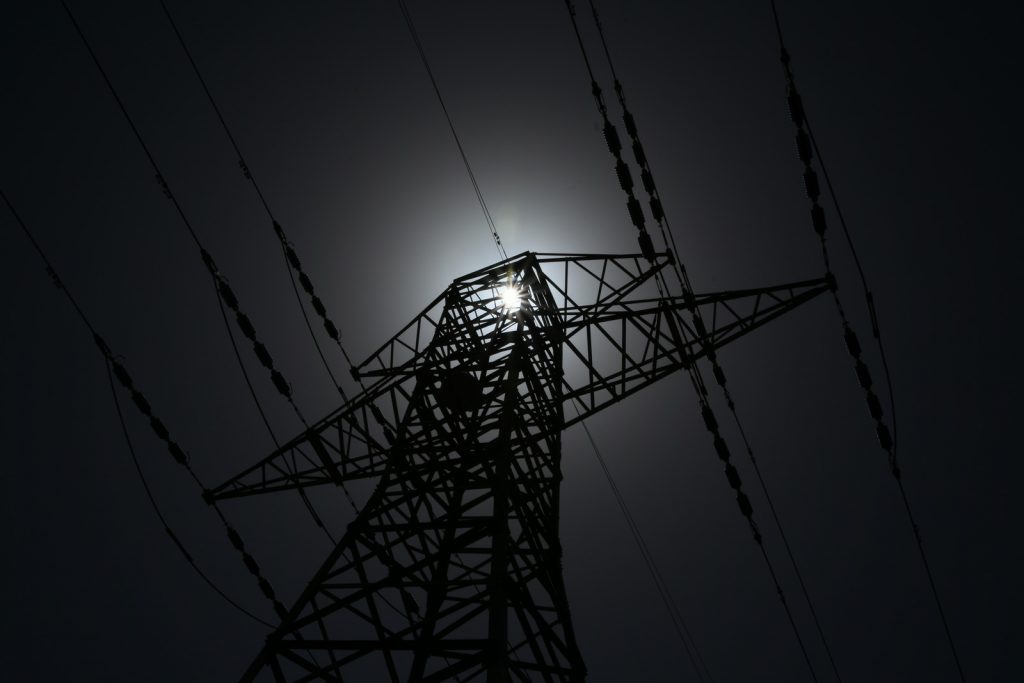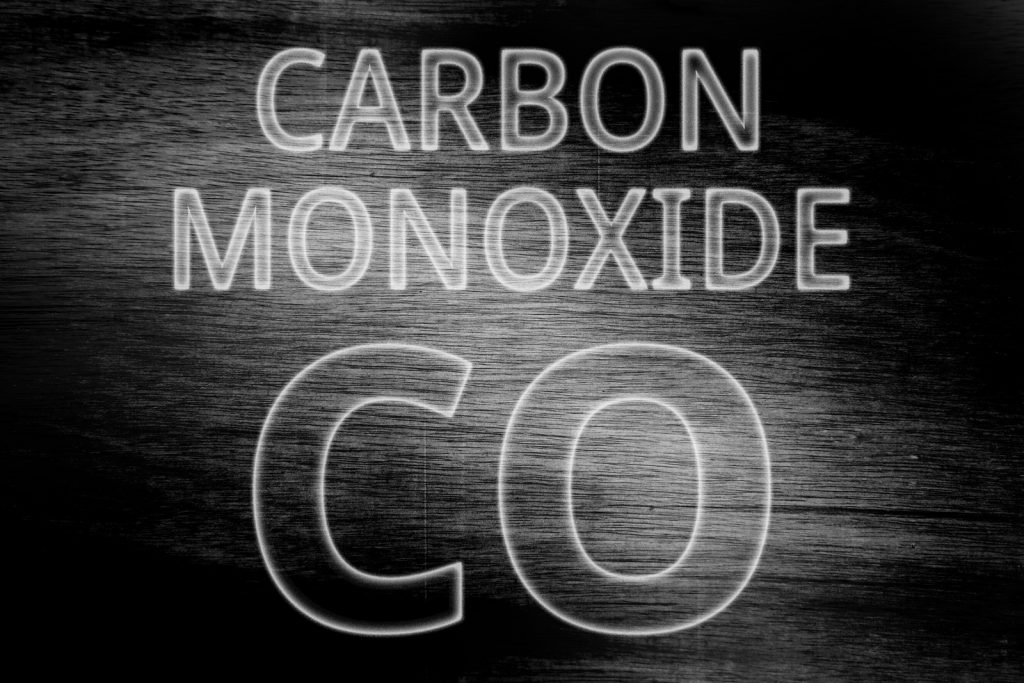Supplies for Power Outage in Winter: What To Do
How bad can a power outage get in winter?
Suffering a power outage any time of the year is inconvenient and in some cases dangerous. But if you get a power outage in the middle of winter, all the dangers and consequences are multiplied. Emergency services and electricity and gas network operators can take longer to repair and reconnect the power grid. So you may end up being in the cold and dark for longer.
During the winter months, try to keep at least a 3 day’s supply of essential items you will need in a power outage. These include canned food and storage for clean water, portable heaters with spare canisters. Consider lighting as well as batteries for electronic devices all as essentials.

Winter Power Outage Supplies and Checklist
if your power should go out here are a few tips to make sure you’re prepared:
Main goal is to stay warm
Staying warm is your main goal and you need to maintain your body’s core temperature. Do everything you can to keep out of the range of hypothermia.if your body cannot generate heat as fast as it loses it, hypothermia will begin to take hold. When your body temperature drops below 35°C (95°F) this makes staying warm more important than even food and water.
Create a shelter within your home
Pick the smallest room in your house and set up a tent in it. You can use blankets and mattresses to achieve this. The aim is to create a mini climate which is insulated by the bigger room. The tent creates an extra barrier between you and the freezing outside temperatures. It is also easier to heat a smaller space than a large one.
Seal the windows
There are lots of ways of sealing those windows for insulation. You can use cardboard or blankets and quilts. A simple form of insulation is bubble wrap which you can use for many purposes whether inside or out. It also allows light to come through which is an added advantage.
Wear clothes in layers
Layering your clothing gives you flexibility throughout the day to retain heat but not to the point of sweating which wastes your body’s water. If you haven’t already, start shopping now for the type of clothes you and your family will need in this kind of event. Layering your clothing helps to create more air pockets between you and the outside climate.
Ways to wrap yourself up
Wool blankets and sleeping bags are some of the many ways you can keep warm when you are not moving about. When sleeping at night, you are not moving about and the temperatures are at their lowest.
Get a portable heater
A propane heater that can be carried around and safe for indoor use with safety features is essential in a winter power outage. They use small canisters but some even come with an extended conversion hose to connect to a bigger tank, if you wish to purchase it. Remember, consume oxygen and in enclosed spaces can produce harmful gases.
To avoid the danger of carbon monoxide poisoning, it is good practice to leave a window slightly open or have a CO monitor in the room to detect excess levels.
Protect your plumbing pipes
In very cold climates, there is the real possibility of water freezing in the plumbing pipework. You may find leaving a tap or faucet on at a trickle will prevent this. Alternatively, fill up drinkable water in containers for storage and shut off the water inlet to the property so there is no water in the system pipework. Open the faucets will empty the system internally so there is no water to freeze.
Get plenty of safe lighting
Flashlights and other battery-operated lights are the preferred option for light. But if you must use them, candles are cheap and can be bought in multiples. One can light a room up and can last for a few hours. But be aware that in some emergencies, such as following an earthquake or gas main breaks, you should not be lighting naked flames due to risk of explosion.
Food and Water
Canned goods and freeze dried foods are great short to midterm preparation for a winter power cut. Your body burns more calories when cold so keep high calorie foods nearby. One of the best foods is rolled oats which has a very long shelf life and only requires boiling water and honey to taste great.
Honey is also another great item to keep which has a very long shelf life. It can be used as a sweetener, as well as for health benefits like an immune booster, wound healing and cough suppressant etc. Powdered milk is often overlooked but is very shelf stable and a source of calcium and protein.
Power generators
Generators give you another source of energy when the power goes out. Depending on the type of generator, it can power certain items and parts of your home. Portable generators are usually fuelled by propane or gas. Most devices these days require a power source. Although expensive, they could be a lifesaver for some.
Use your car
A car can be a life saver in an emergency situation to provide heat and power up certain devices. Make sure to keep at the fuel tank at least a quarter full in the winter months, don’t let it go below this level.

How to receive weather updates
You may need a radio to keep on top of weather advice and instructions from authorities. A wind up or solar powered radio helps you save batteries for other essential supplies. A two way radio is even better if an emergency situation arises and someone needs to go out of the house.
Hidden Dangers in Power outages
People not only die from hypothermia in winter but can die from carbon monoxide poisoning too. Ensure you don’t bring grilling equipment indoors as they produce harmful emissions when burning. It is not a good idea to use gas stoves to heat up the house. Remember to have a working carbon monoxide detector in the vicinity.
